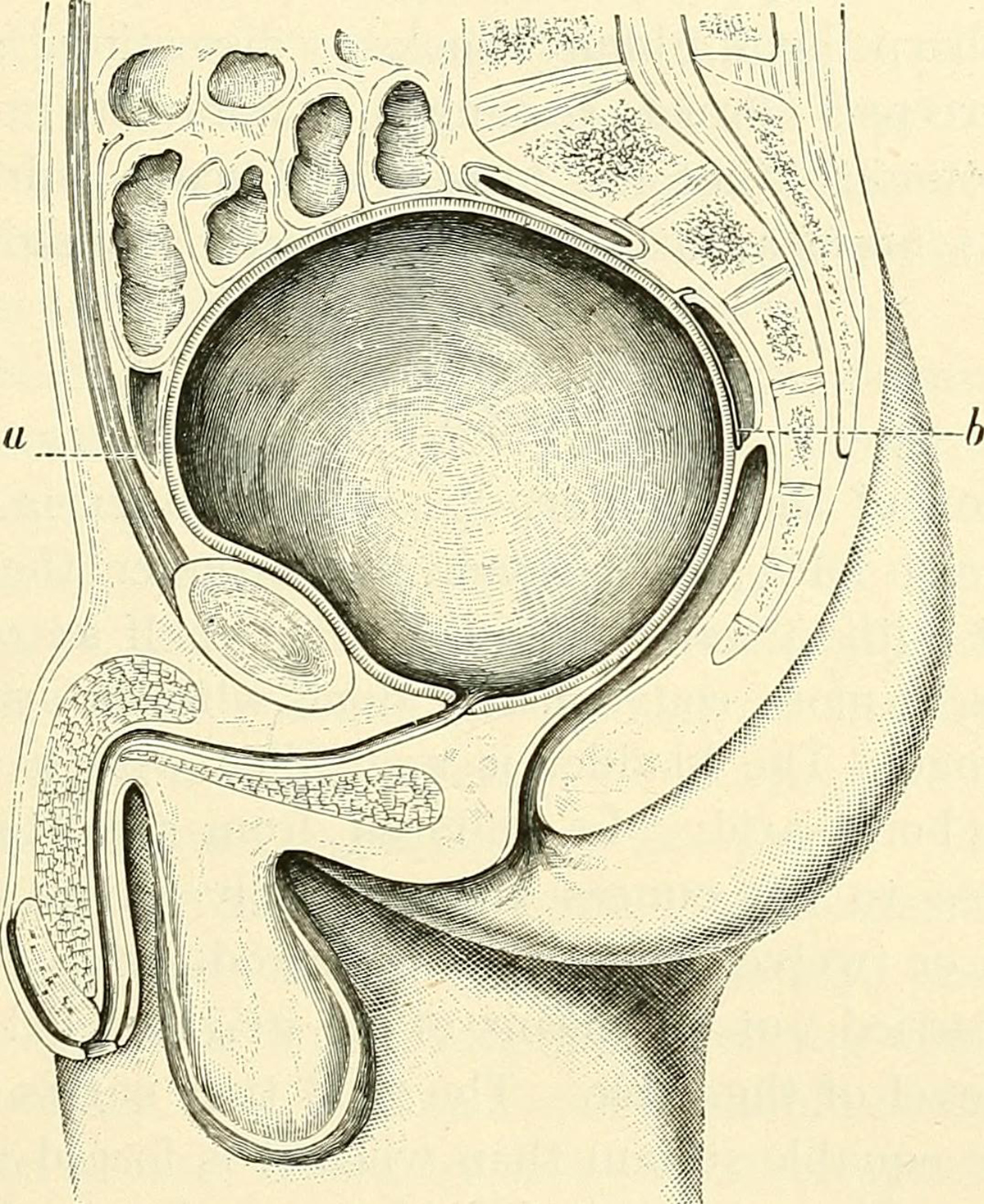
When a part of the bladder bulges into the vagina it creates a condition called cystocele. This occurs through a defect in the tissue that separates the vagina from the bladder. This type of bulge is called an anterior prolapse. Women suffering from this condition may experience urine leakage, incomplete bladder emptying, pain during sexual intercourse and a bulging sensation in the vagina. Rectocele is a similar condition, involving the bulging of the rectal wall into the vagina.
This is called a posterior prolapse. Symptoms include difficulty initiating bowel movement or even a need to retract the bulge manually so as to complete it. These two conditions both represent types of hernias. They are linked to the problems with pelvis support tissues.
Surgery is typically avoided if possible. Other treatments include exercises to strengthen one’s relevant muscles or a pessary device insertion. The latter involves the use of a flexible device that can support the vaginal walls, preventing any inward bulging.
If both treatments mentioned fail without relief, surgery may become an option. The procedure will likely result in improved bladder and bowel control and a relief of associated discomforts. If this condition has a tendency of recurring in a patient, the surgery may not be as effective.
In preparation for the procedure, the patient should restrain from drinking after midnight and should have a light meal in the evening, the day before surgery. Any instructions provided by the physician should be upheld to the letter. If the procedure in question is that of rectocele repair, an enema might be in order beforehand.
The surgery is done through an incision of the appropriate vaginal wall which exposes the fascia and the muscles underneath it. An operation of the tissue ensues. There are cases of suturing or sewing the tissue over itself so as to strengthen it. Otherwise, the material used to strengthen it is artificially made and it resembles a mesh type product. If there were previous occurrences of this type of surgery, there may be a need to remove any weakened tissue resulting from this. The same type of weakening might appear as a result of pregnancy or simply age. Possible bladder pressure during the procedure is relieved with the use of a catheter.
If the procedure involved was that of rectocele repair, the medicated vagina will be left packed overnight and the patient will be discharged as soon as she is able to empty the bowel.
If the patient had a cystocele repair, the medicated vaginal packing is also left in place, but the catheter usually stays longer, even up to a week. This allows a more gradual recovery of the bladder. A possible side-effect is a vaginal discharge that smells or even contains blood.
The surgery can last as long as two hours or more, depending on the level of repair needed. Vaginal discomforts are to be expected in the period following the procedure. There are remedies which can be proscribed to relieve this.






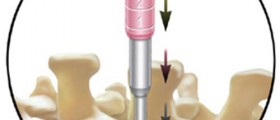
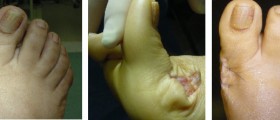


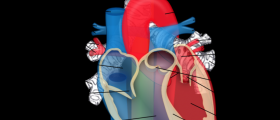
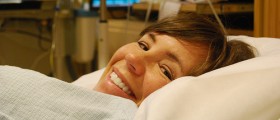

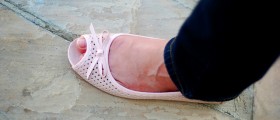
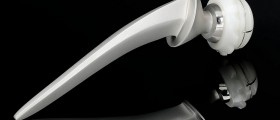
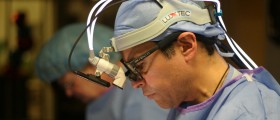

Your thoughts on this
Loading...